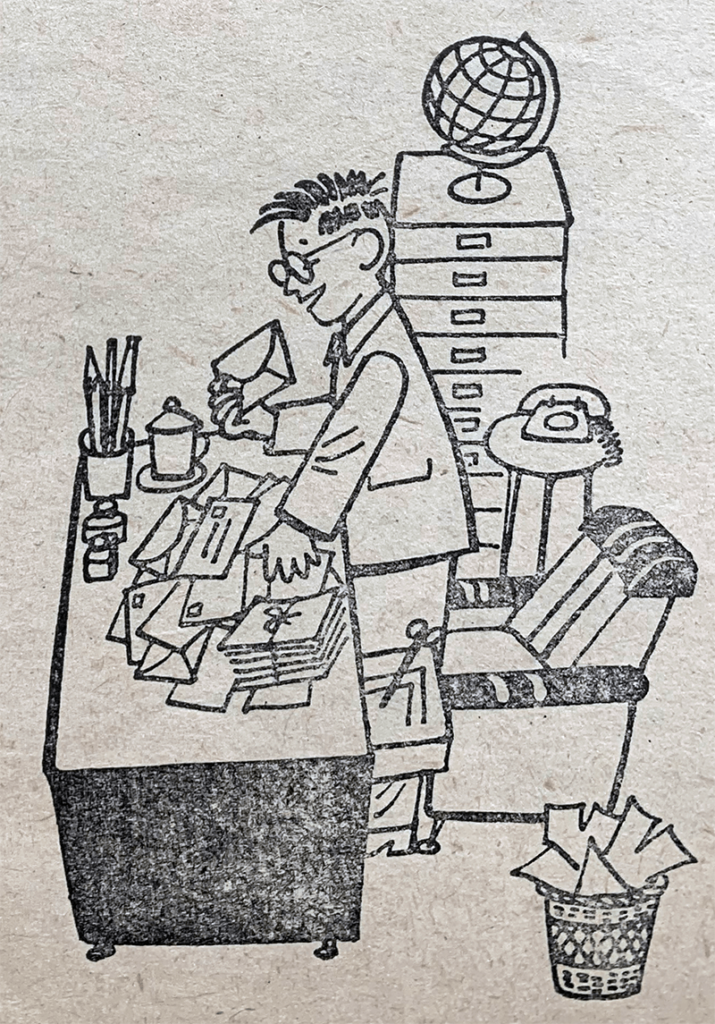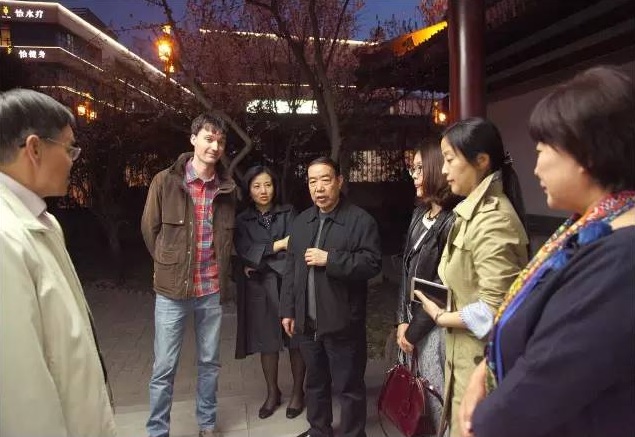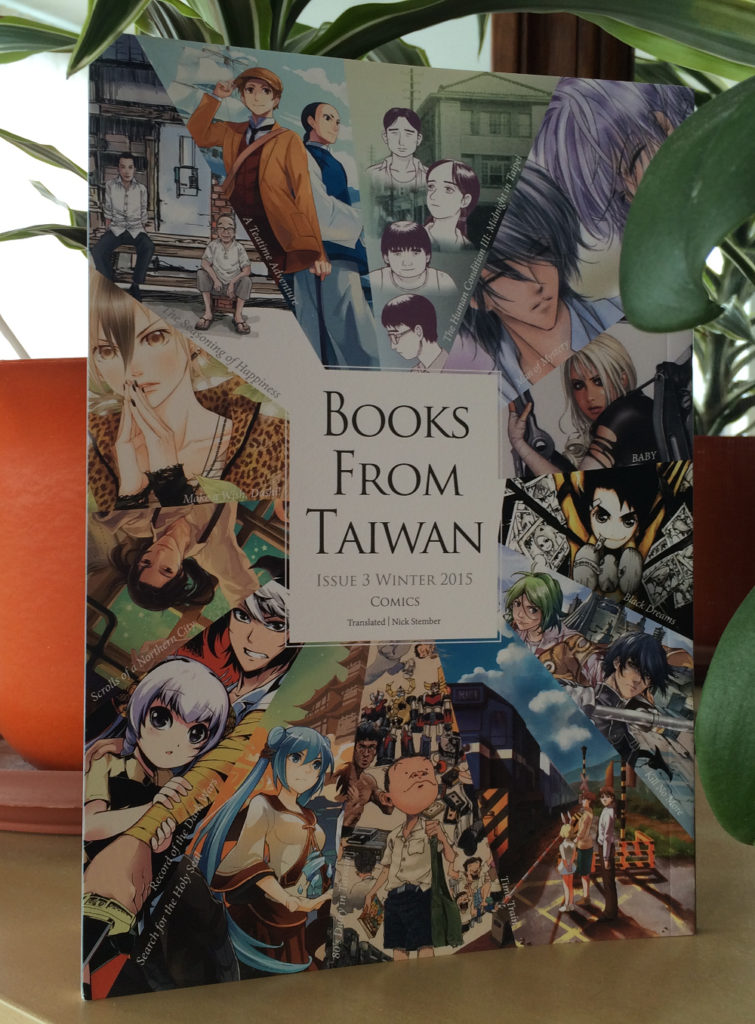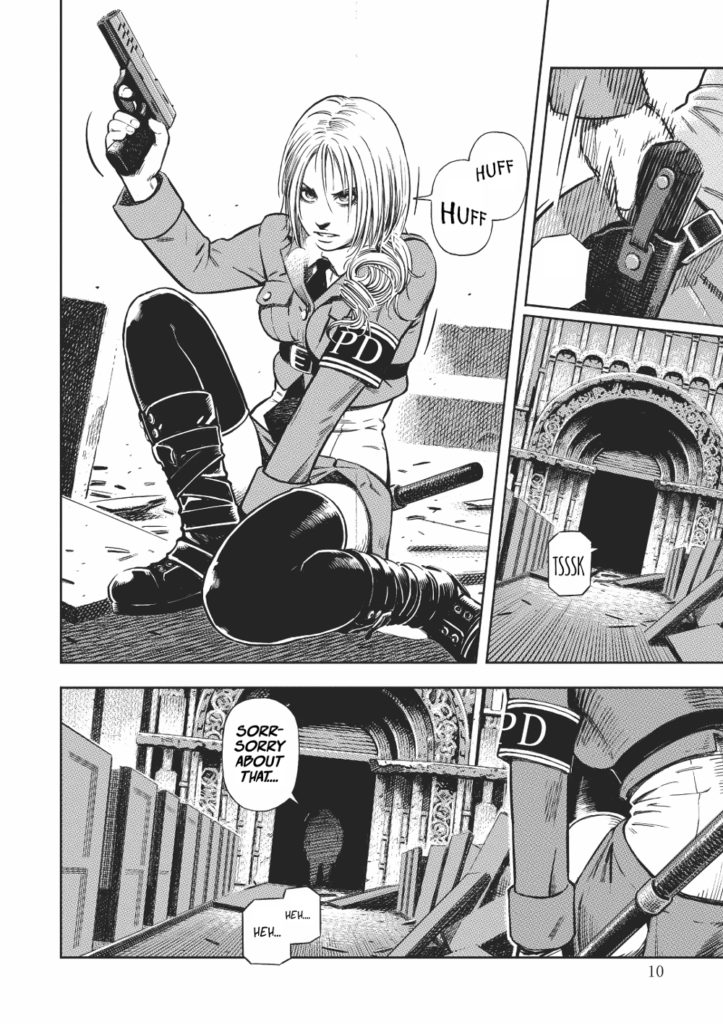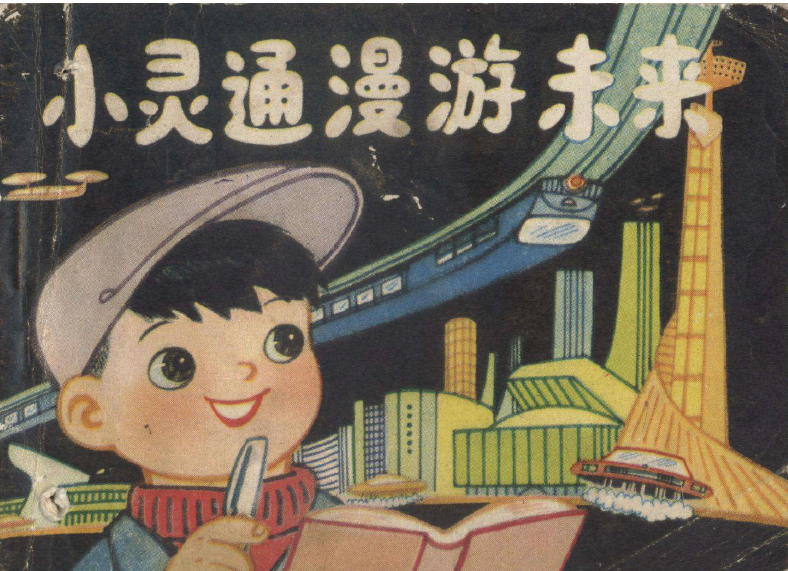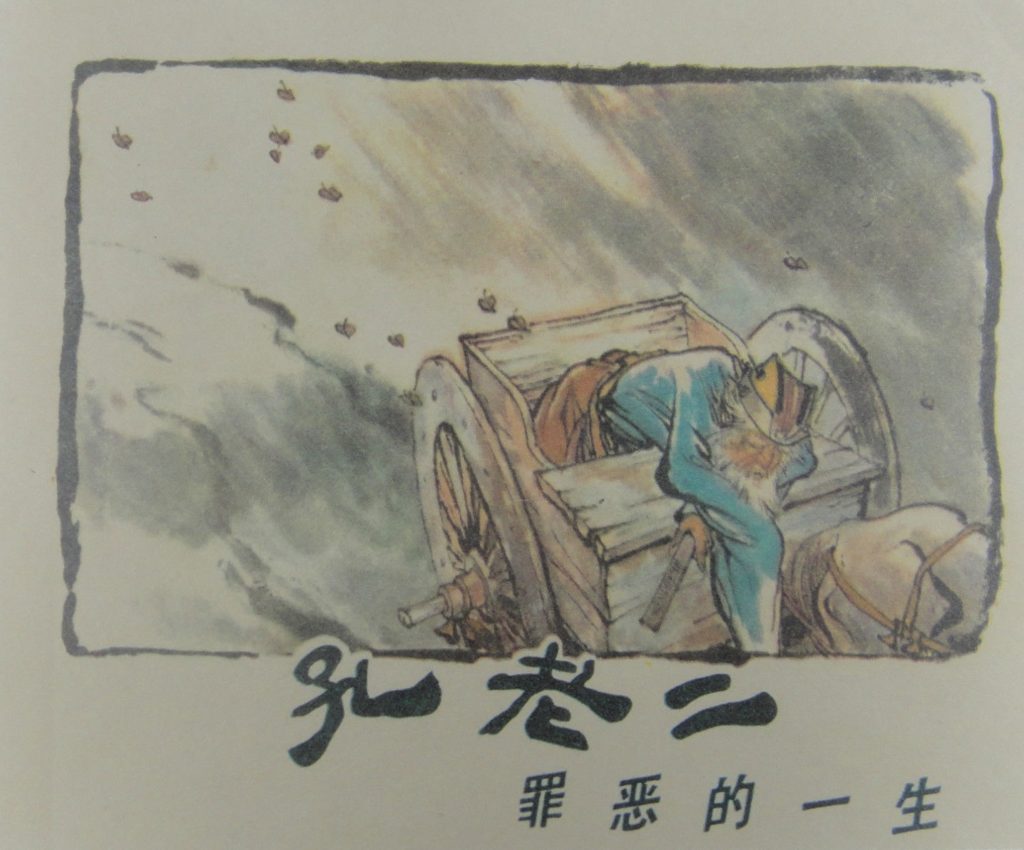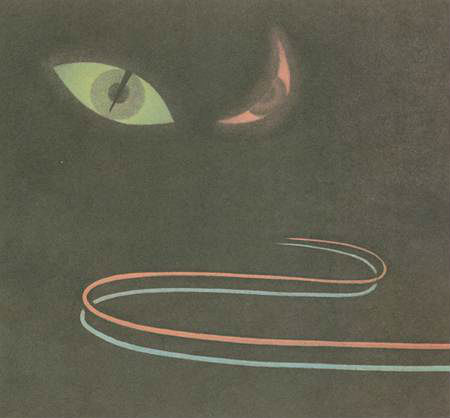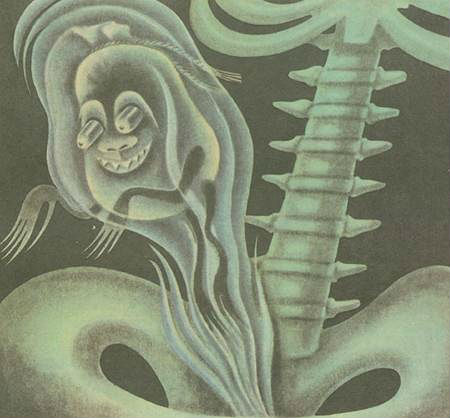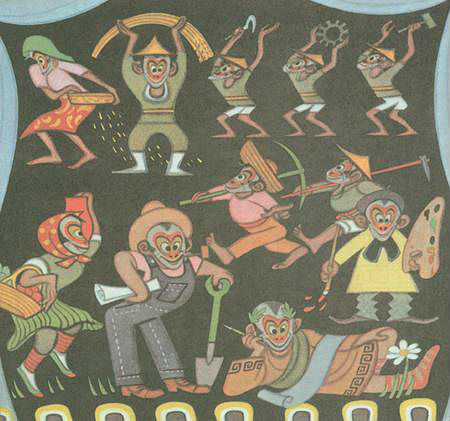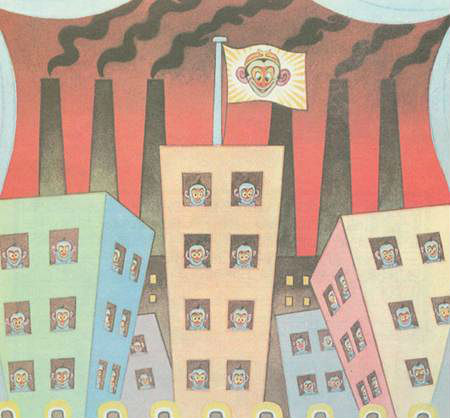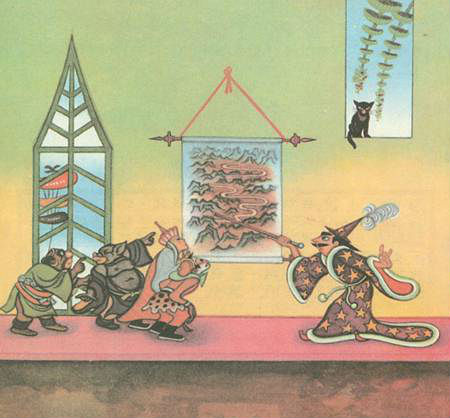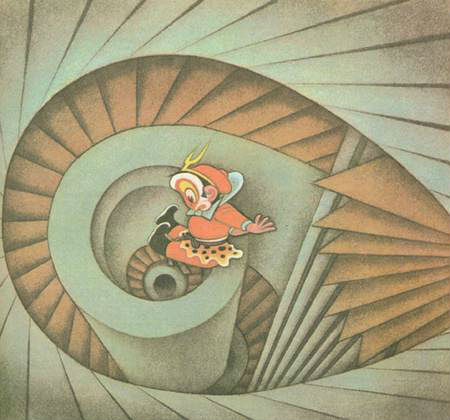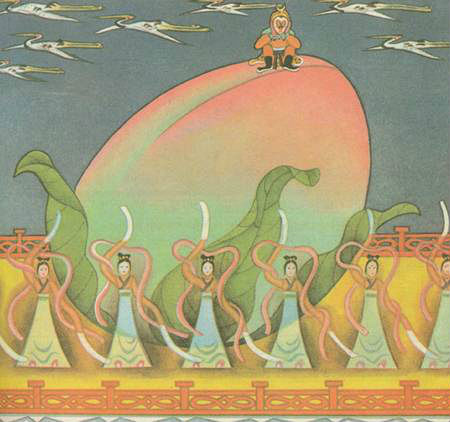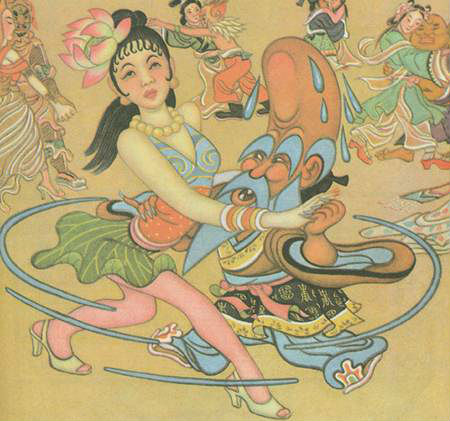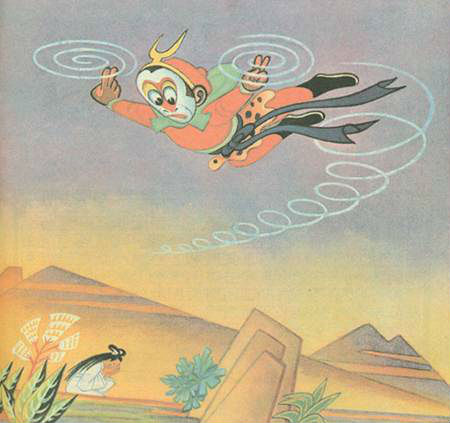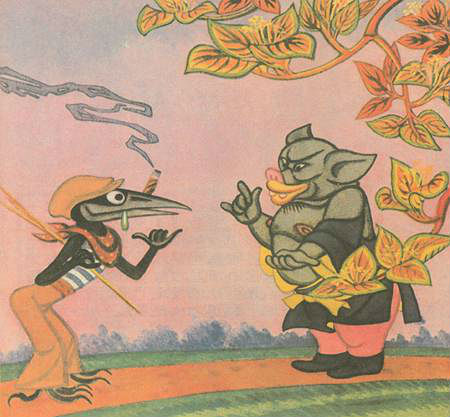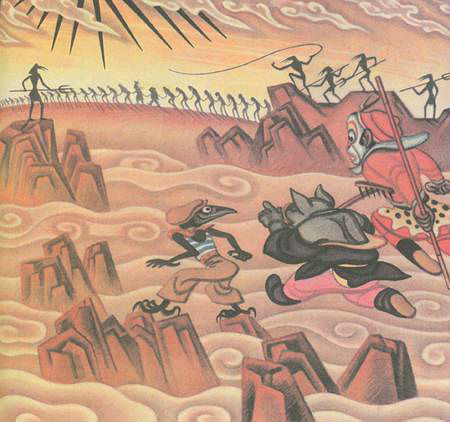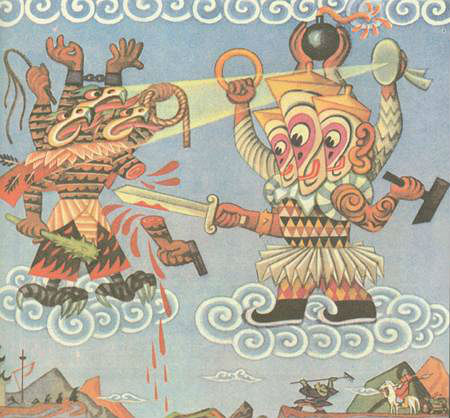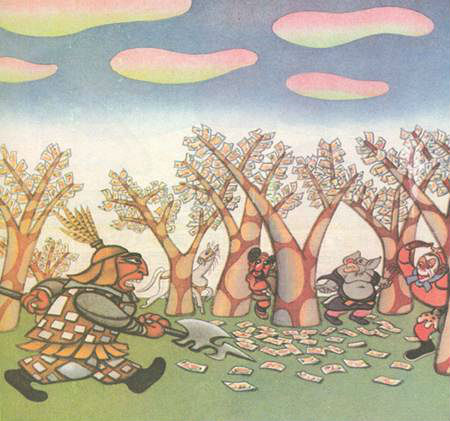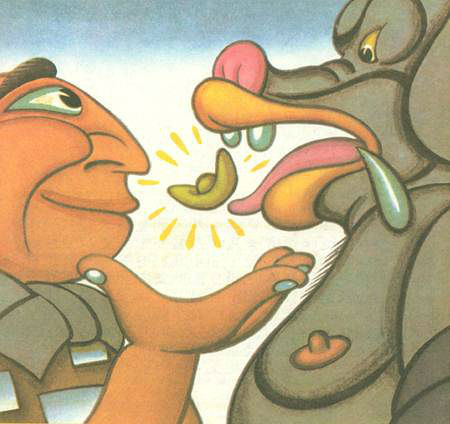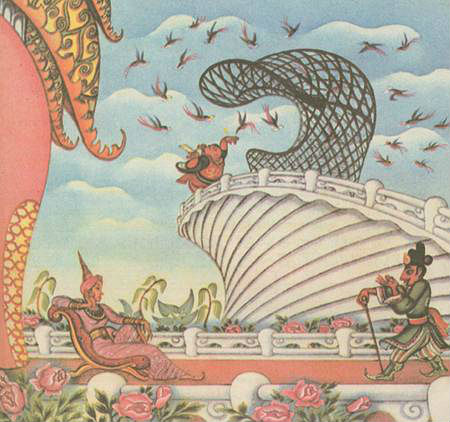What follows is the first instalment of a six-part draft translation of Ye Yonglie’s 叶永烈 (1940–2020) classic illustrated children’s chapter book Little Smarty Visits the Future 《小灵通漫游未来》, first published by Young Children’s Press 少年儿童出版社 in Shanghai in August, 1978, with illustrations by Du Jianguo 杜建国. Ye passed away on May 15 of this year, and his son, Ye Dan 叶丹, has kindly given me permission to translate this groundbreaking work into English. In order to reach the widest possible audience, I will will be posting my translation online. International rights are held by the Ye family. Interested publishing houses can contact me here. To read a recent translation of a lianhuanhua (comic book) adaptation of Little Smarty, also available in its entirety online, see here.
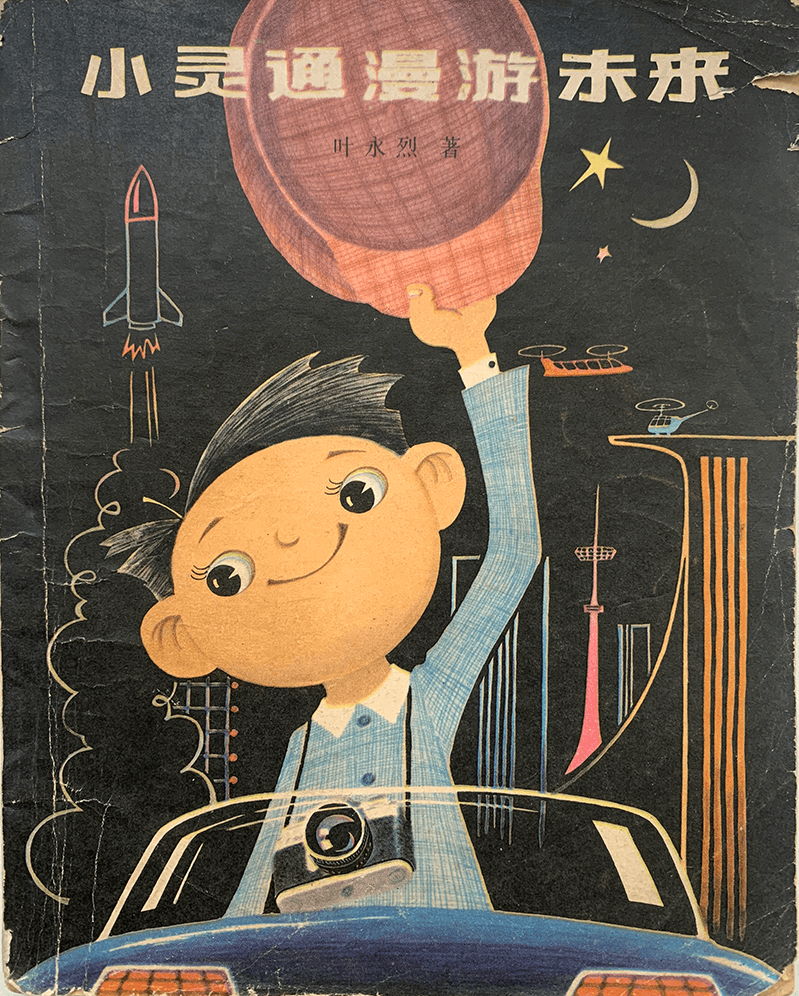 |
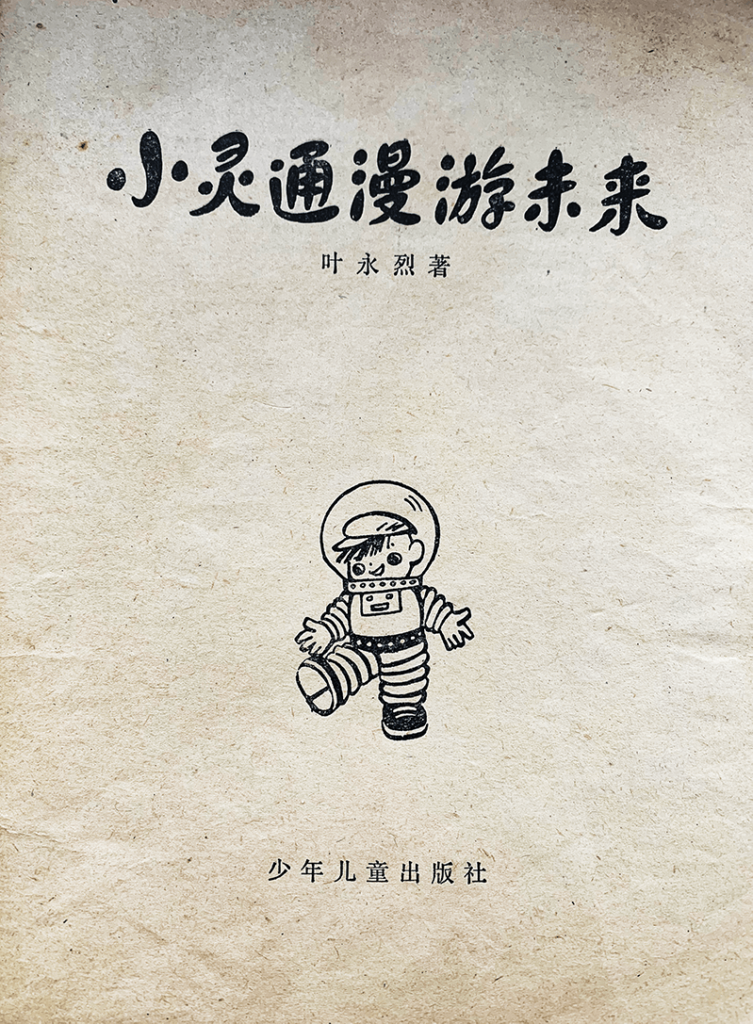 |
Summary of Contents
This is a scientific fiction novel. Through the story of Little Smarty Visiting the City, the long-term prospects of future scientific and technological development and the People’s shining happy lives are shown. The work introduces hovercraft, videophones, videowatches, mini-helicopters, flying cars, robots, artificial rice and protein, hydroponics, multicolored cotton, 3D movies, the school of the future, and more than two dozen other new sciences and technologies. The content is rich and colorful, the story is vivid and interesting, completely pulling the reader in. In the mobilization of the Four Modernizations, in regards to cultivating children’s love of science from a young age and raising children’s interest in science, this work has positive educational value.
Contents
Preface……………………………………………………….1
Losing Baby………………………………………………..6
A Fortuitous Encounter…………………………………8
The Strange Vessel…………………………………….11
The Talking Box…………………………………………19
The Videophone…………………………………………20
Cars Like Beads of Water…………………………….22
The “Iron Egg”……………………………………………31
In Xiao Hu’s Room……………………………………..37
Changing Organs……………………………………….40
Plastic World……………………………………………..42
A Bizarre Lunch………………………………………….44
Cleverly Disposing of Dirty Oil……………………..49
An Interesting New Kind of Movie………………..52
The Colorful Nightscape of the City……………….58
School in Futurecity…………………………………….63
A Satisfying Weather Forecast………………………74
The Magic Factory……………………………………….77
The Mistake in the Marquee…………………………87
The Miracle on the Farm……………………………..92
Taking a Ride on a Rocket…………………………..110
A Letter from Little Smarty………………………….119
Afterword………………………………………………….122
Preface
[p1]
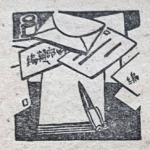 I’m not that old——if you add your own age to your little brother’s age, then that’s about how old I am. Everyday, I receive tons of letters. Every letter begins the same: “Dear Big Friend Editor: Hello!”
I’m not that old——if you add your own age to your little brother’s age, then that’s about how old I am. Everyday, I receive tons of letters. Every letter begins the same: “Dear Big Friend Editor: Hello!”
It’s really true, isn’t it? Compared to all of you ‘little friends’, [as we like to call children here in China] I really am a ‘big friend.’ But I really do have lots of little friends. I wouldn’t be at all exaggerating if I were to say that I have little friends around every corner.
Everyday, the postperson gives me a big bundle of letters. Some are from Shanghai, others are from Beijing, Jiangsu, Hunan, Jilin, Sichuan, [p2] Gansu; there are also letters from Heilongjiang, Xinjiang, Hainan Island and Tibet. In these letters from all corners of our country, at least six or seven out of ten asks, “What’s the future going to be like?”
Just look, here’s one I received just yesterday, from a little friend in Beijing:
Dear Editor Big Friend,
Hello!
My name is “Ai Kexue” [Love Science], but they also call me “Xiao Huanxiang” [Little Fantasy]. I’m eleven years old this year, in the fourth grade.
What I really want to know is: what our country will be like when I’m one hundred years old. By then, can we have a little plane that can fly me here and there, from Beijing to Mt. Everest? And then, just like that, from the highest peak in the world back home. Will a little plane like this be possible in the future?
I want to know everything about the future, everything!!
Dear Editor Big Friend, please reply straightaway!!
Sincerely,
Ai Kexue
Giving the Young Pioneer Salute from the capital in Beijing
